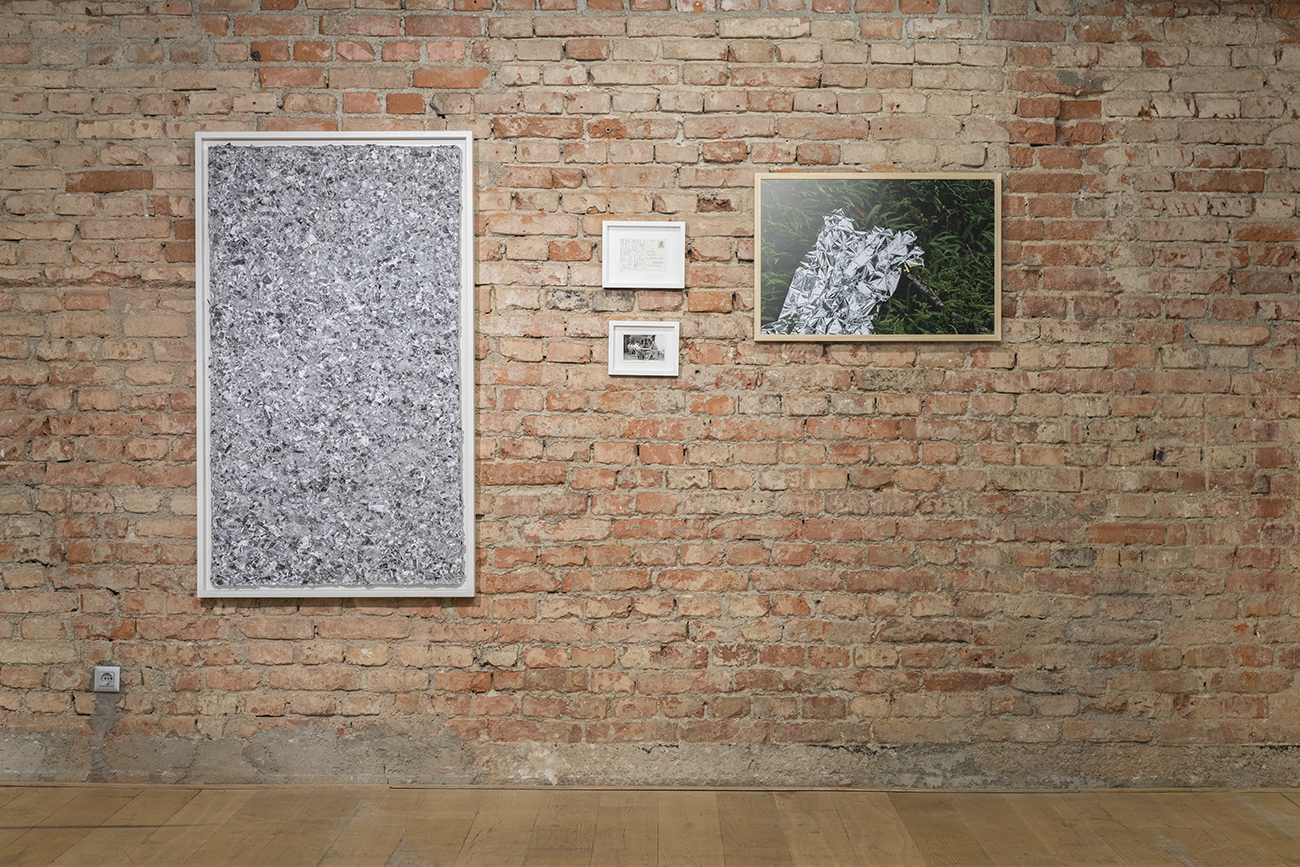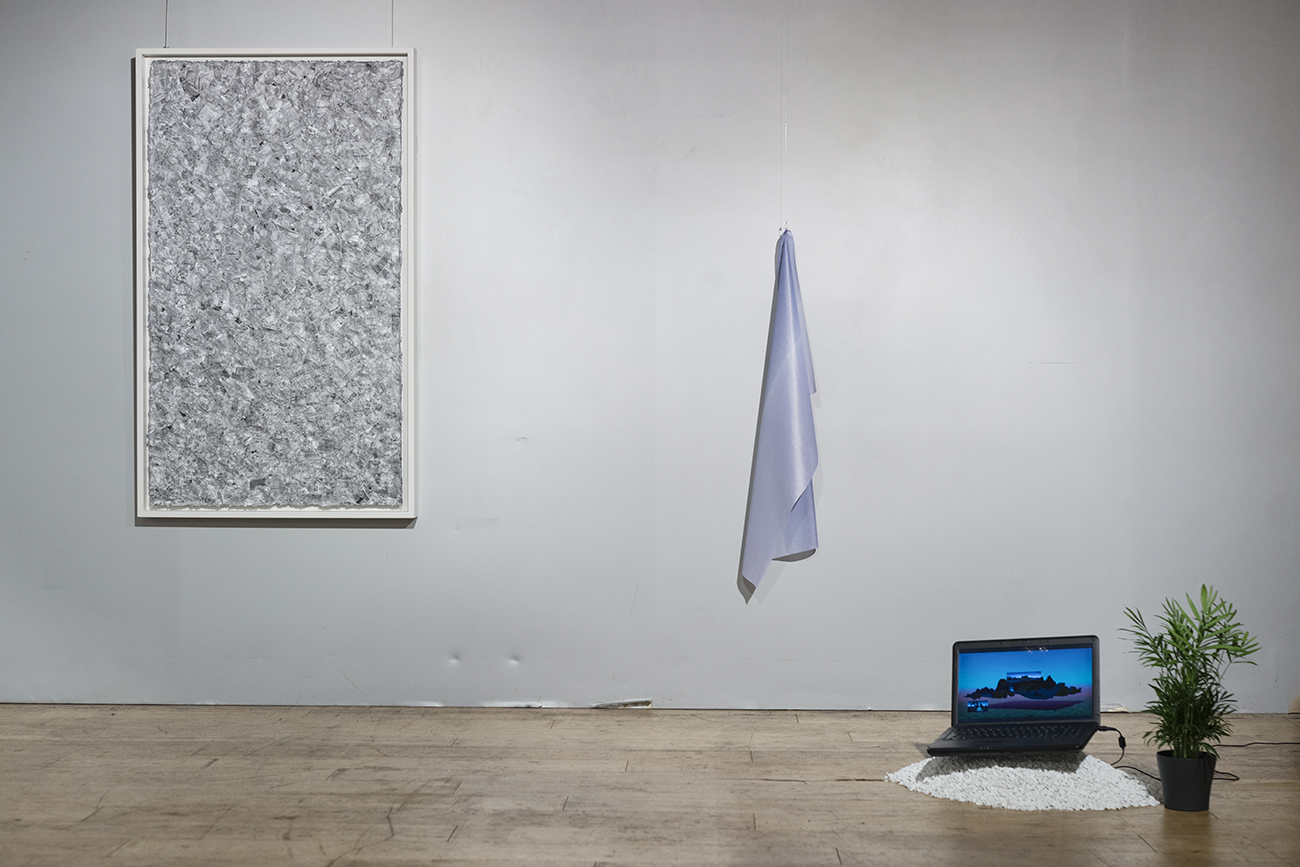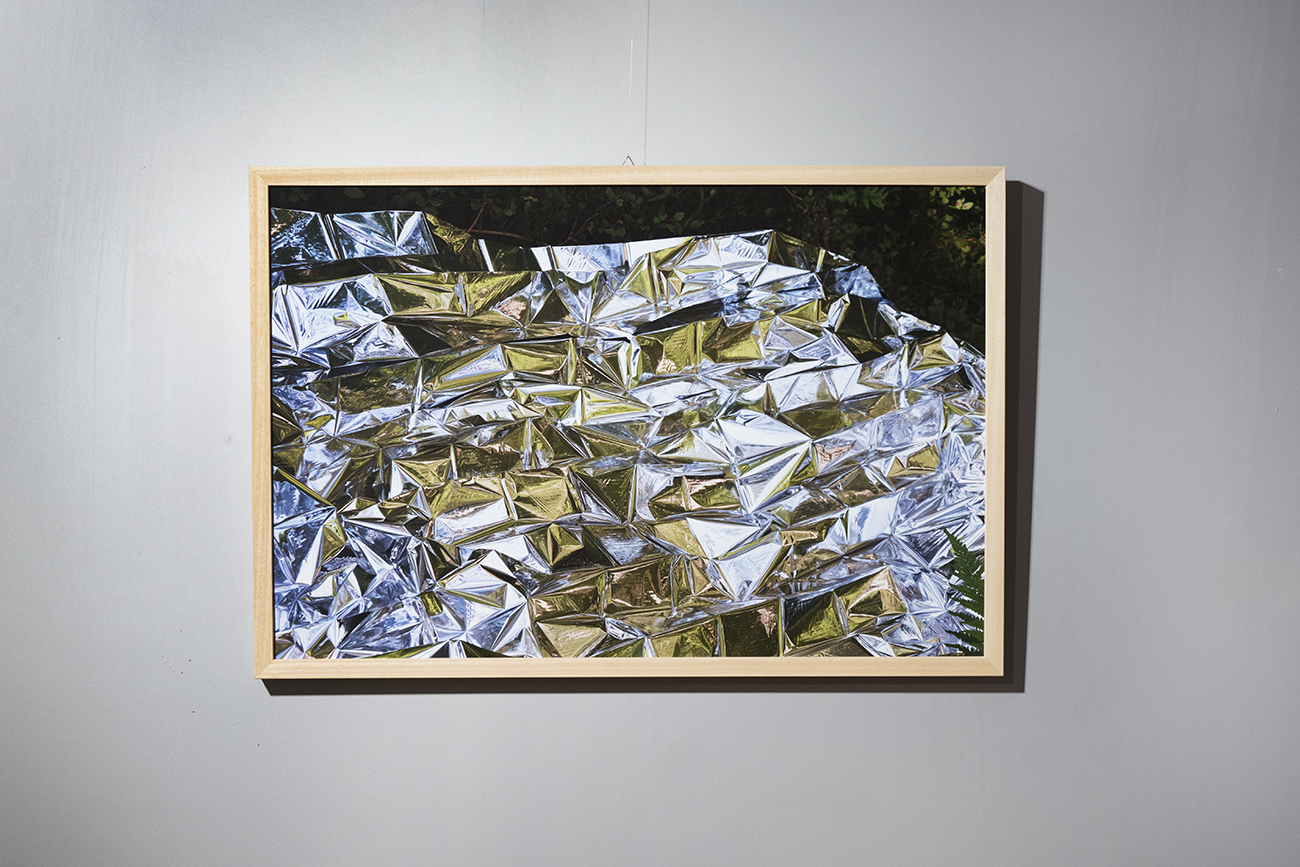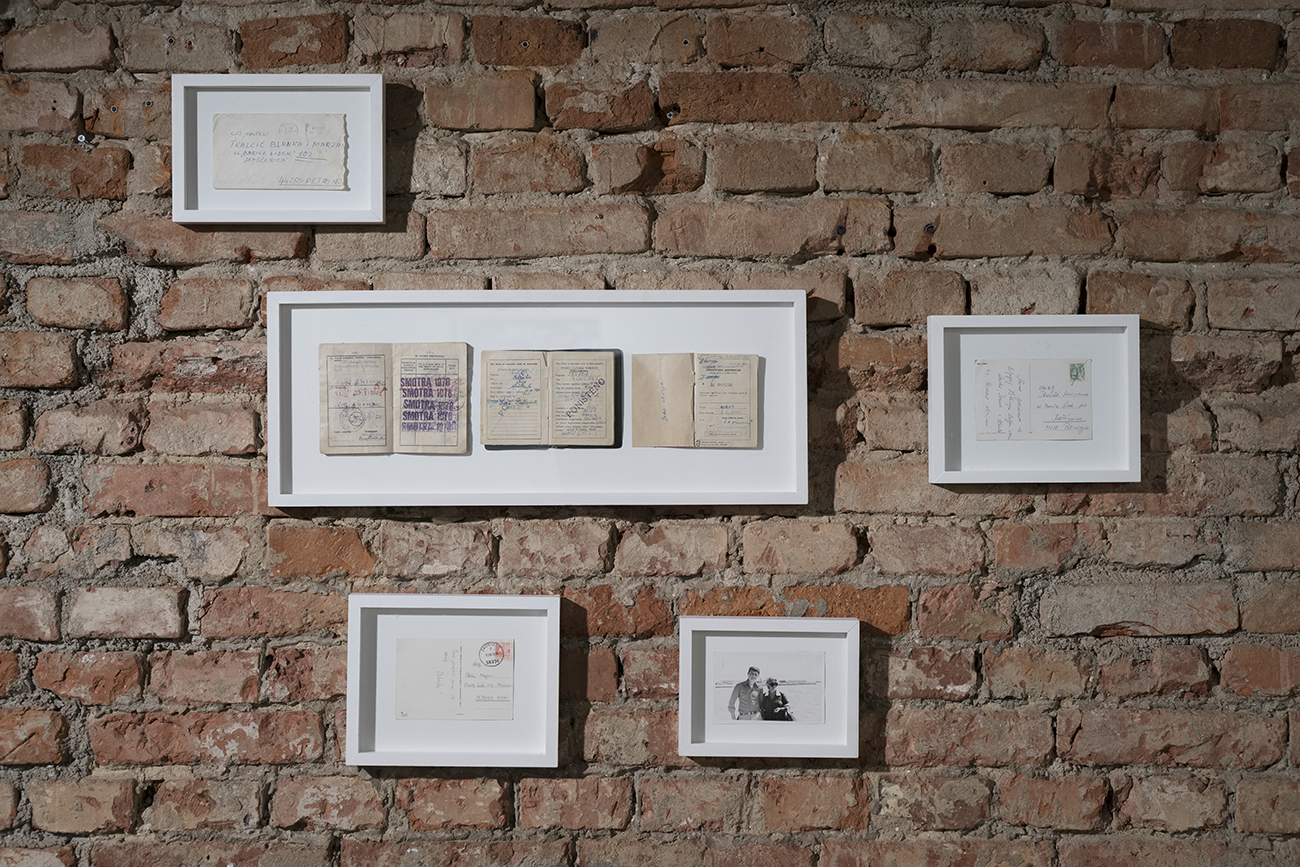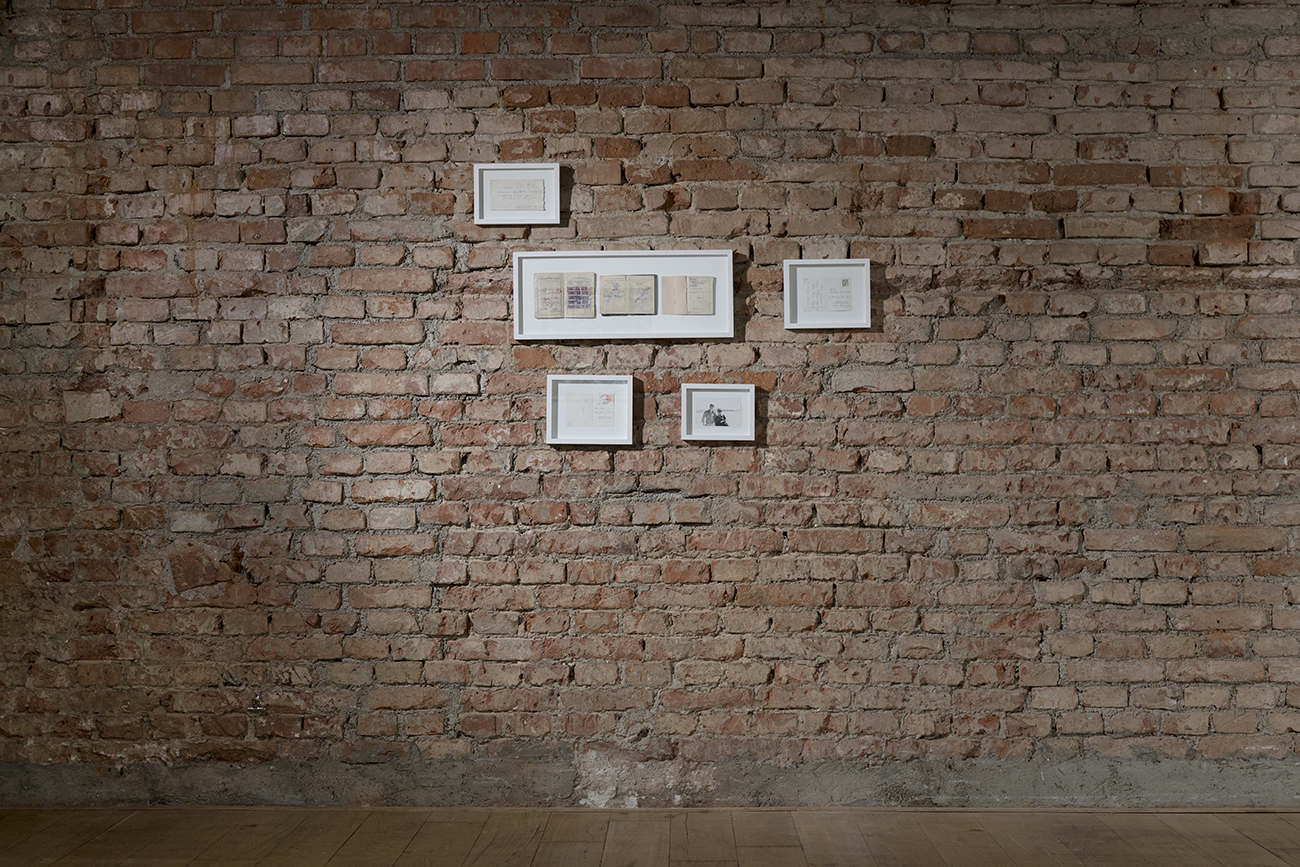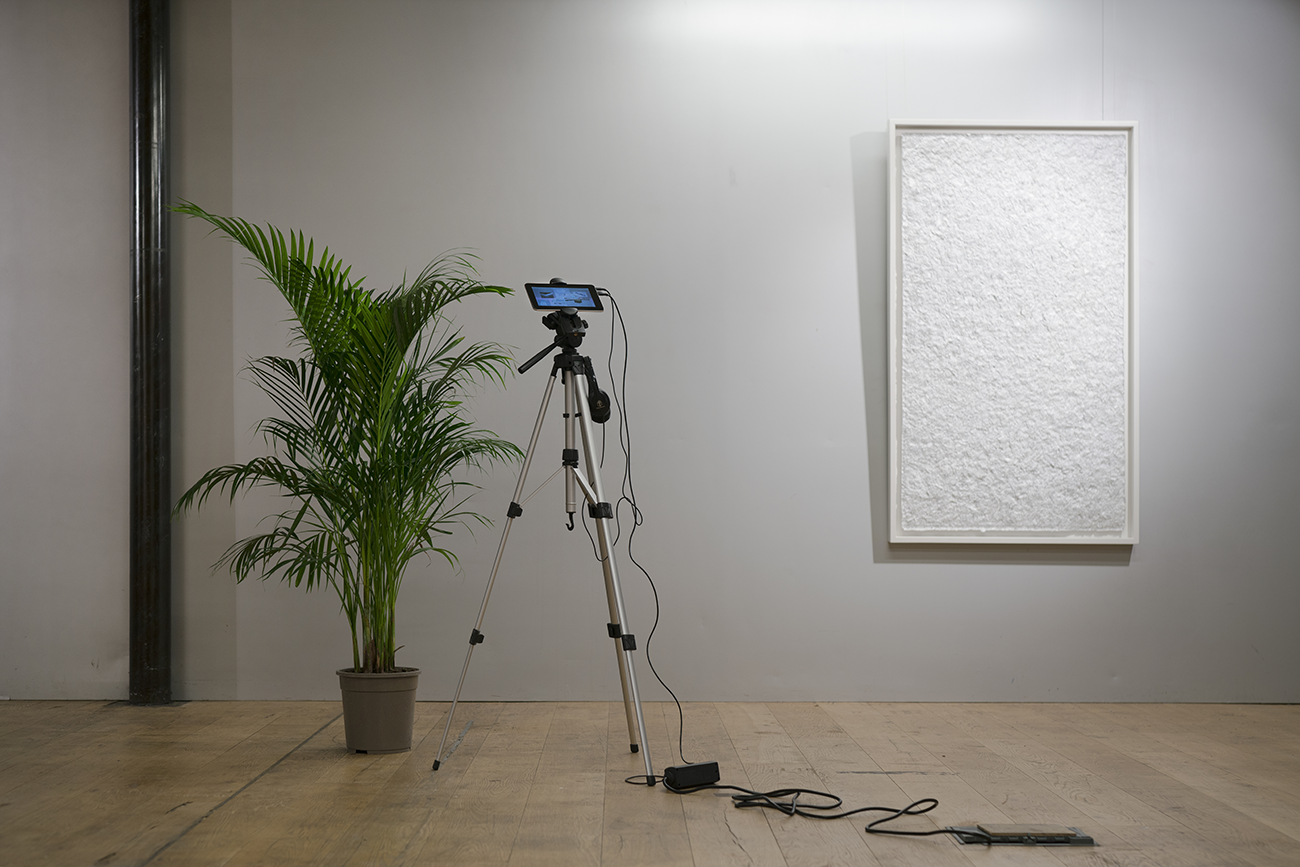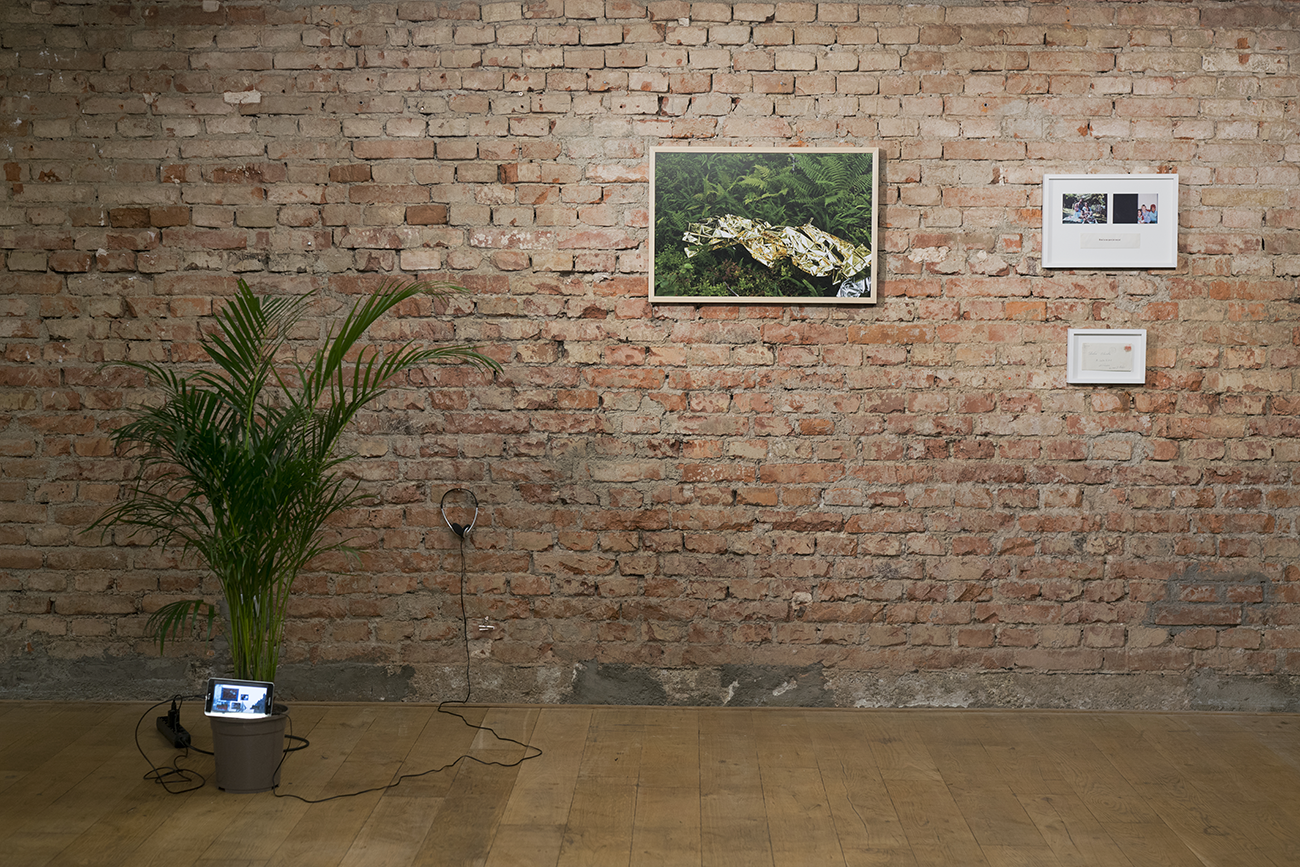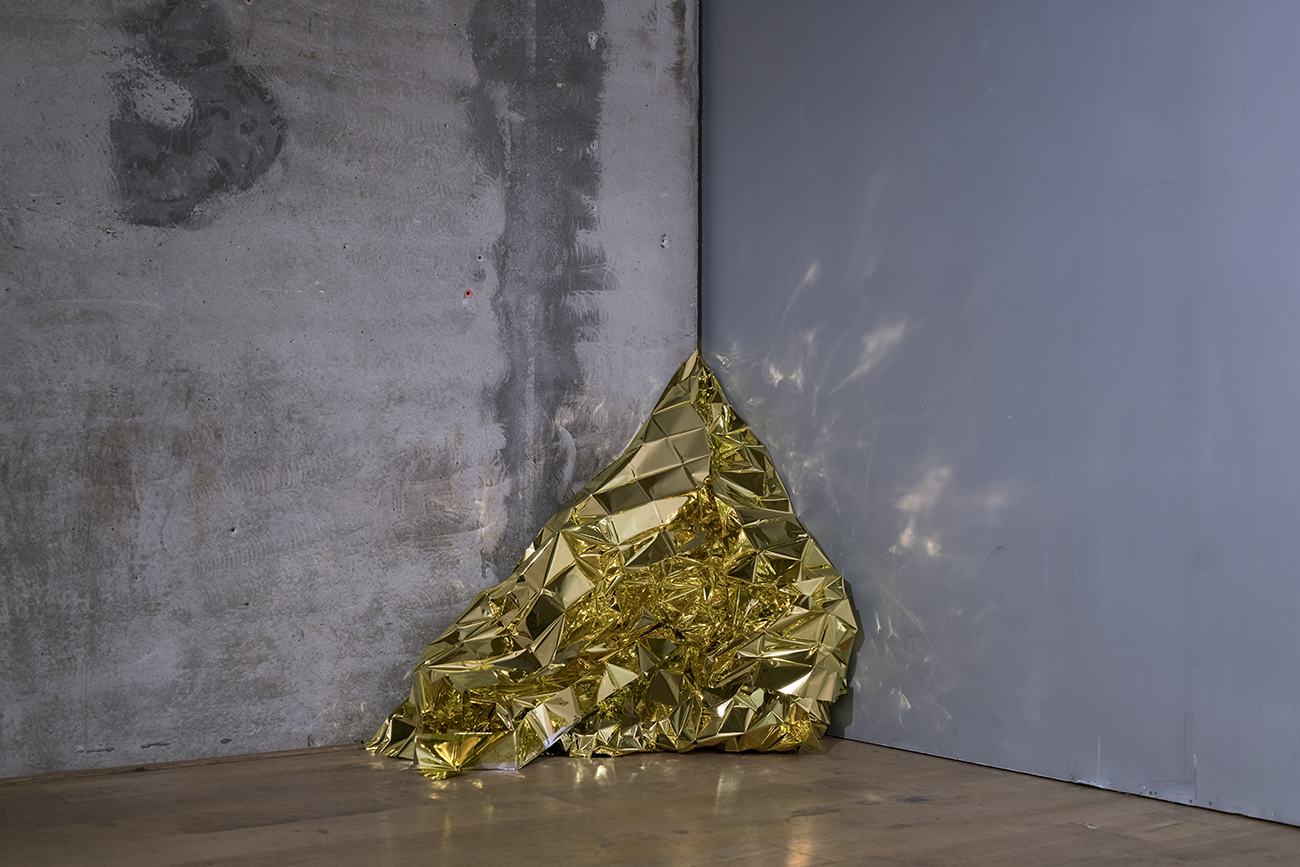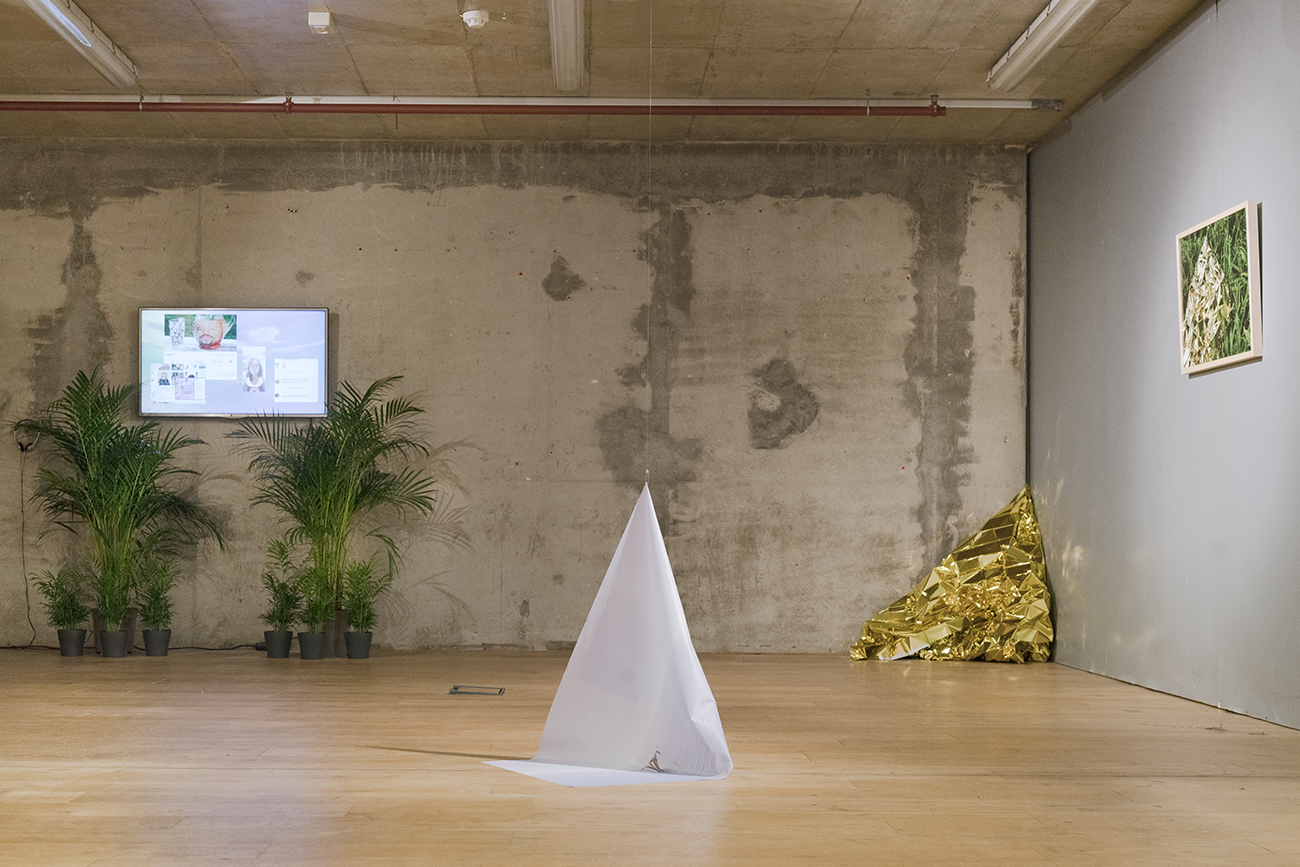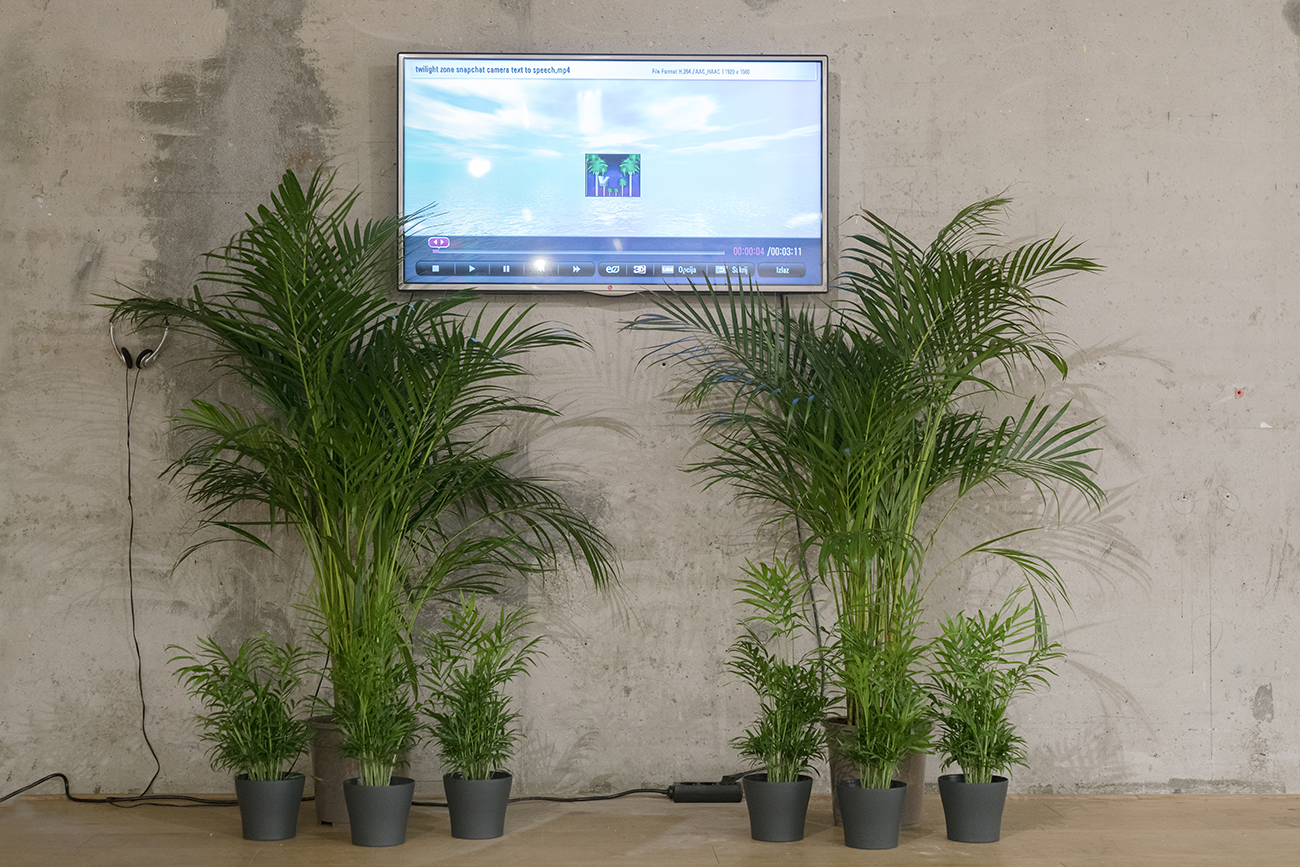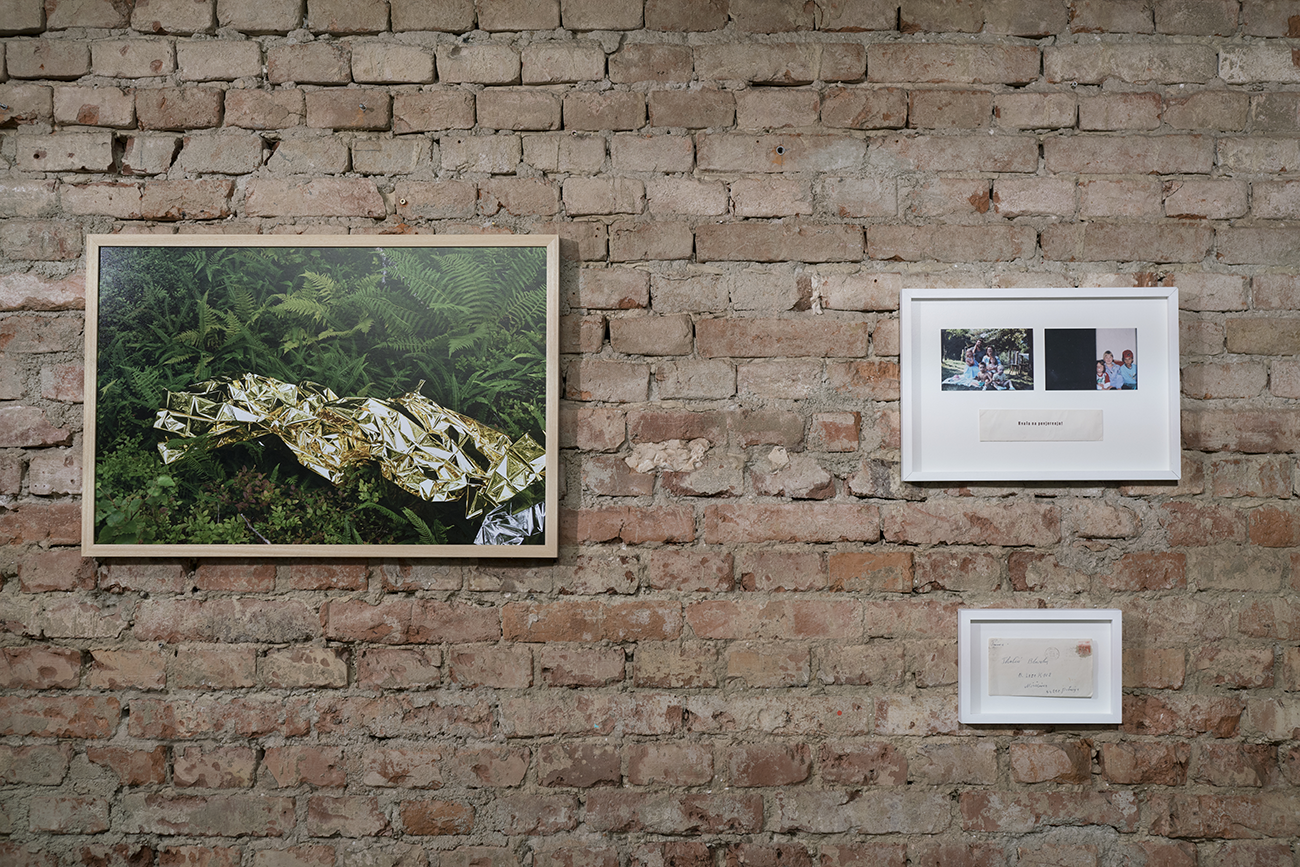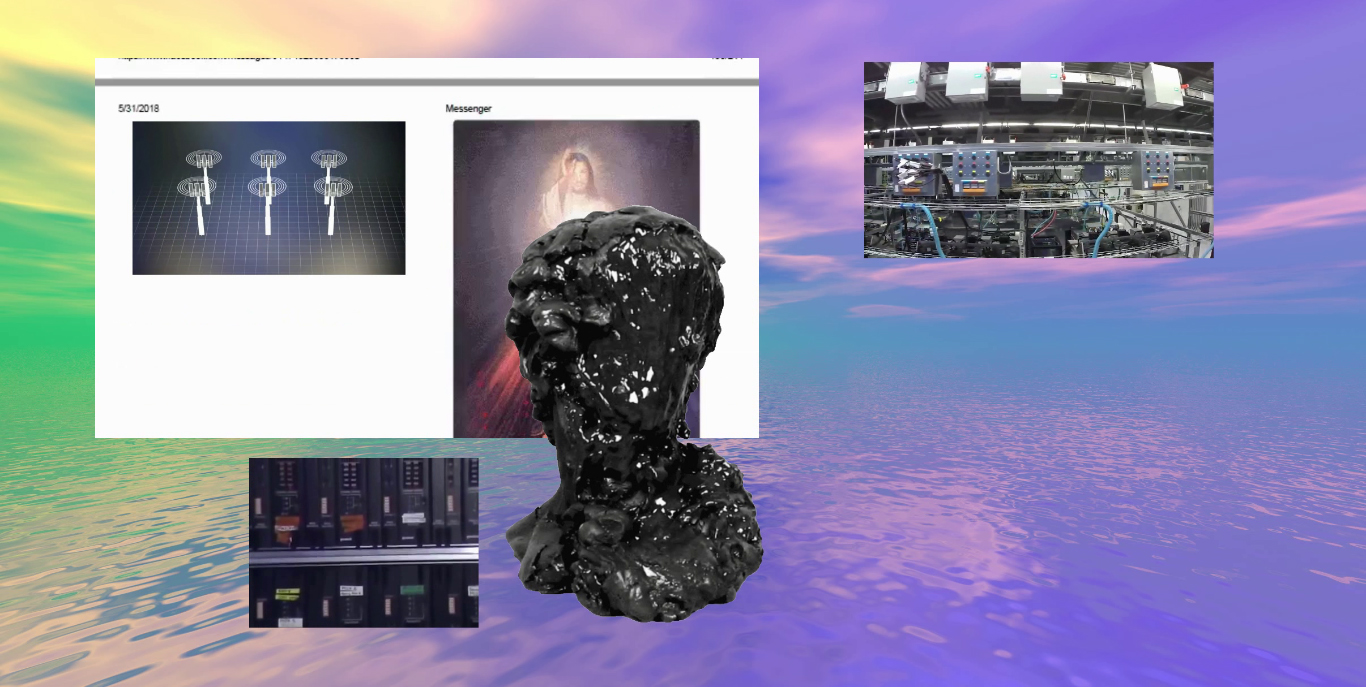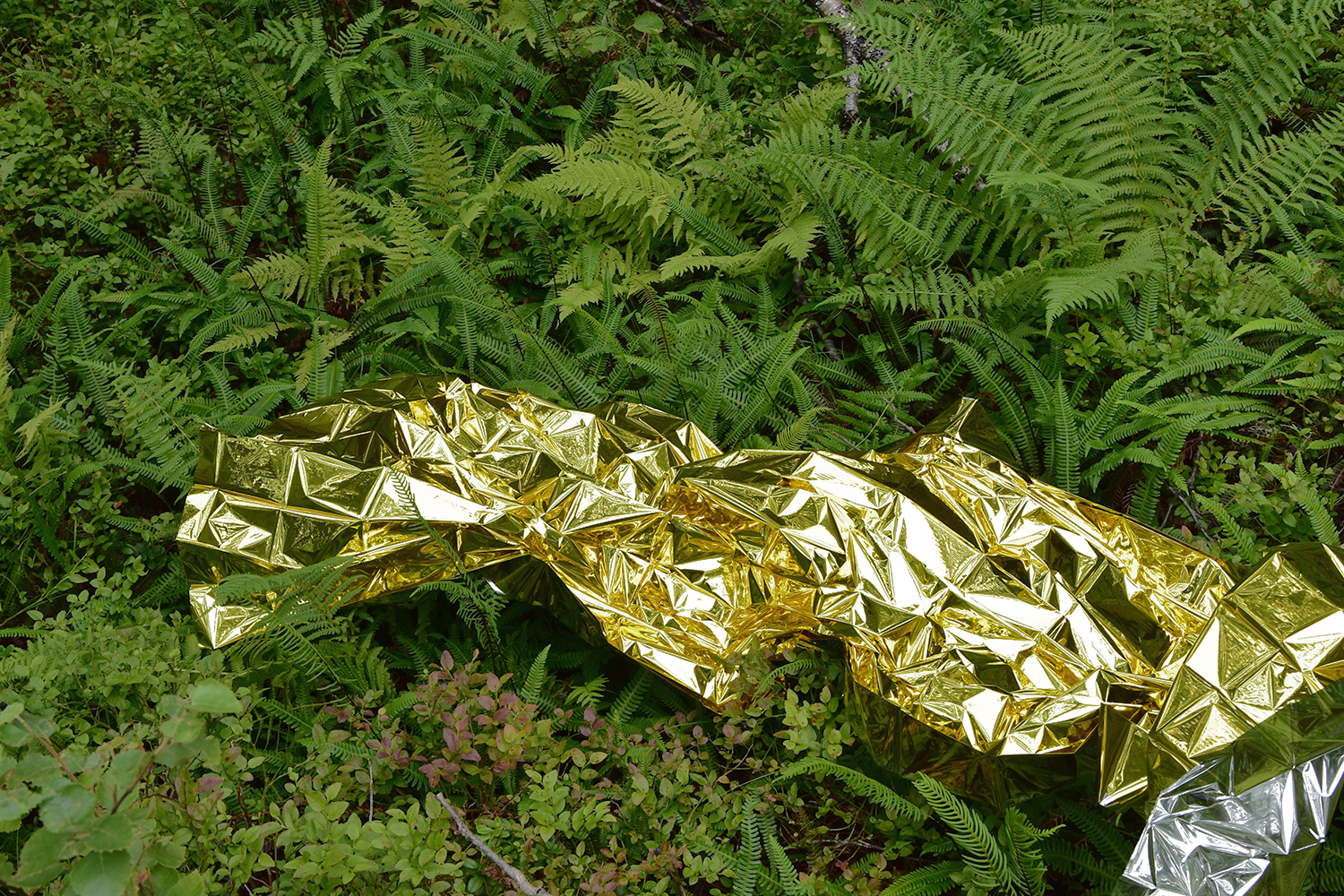Title: BWPWP/Back When Pluto Was a Planet
Venue: Lauba – House for People and Art, Zagreb
Photo: Palma Poljaković
On view until 19 September
On the 24th of June 2006 at a meeting of the International Astronomical Union (IAU) in Prague, it has been decided that Pluto would not be considered the ninth planet anymore.
That same year, on the 26th of September, Facebook became available to everyone older than 13 that had a valid e-mail address.
The variety of visual language in Ivana Tkalčić’s works is the result of her interdisciplinary approach to phenomena of today’s world. In the focus of her artistic exploration are factors that define us and how we form our perception of the world. On one side, that is the influence families and the genetic family background have on an individual and the formation of one’s first perception of the world through family memories, and on the other side, there is the impact of new technologies and social media. That is why her works are, even though at first glance wildly different, at their core a part of the process of the same idea she uses ad the starting point for her exploration. The power of transformation of the memory is just what is reflecting in the multiplicity of media through which she expresses herself, that is in fluid in her work, never absolute. She transforms the elements of the family memory into collages and changes their meaning at the same, using the documents and photographs out of her archive (Memories, 2016) by which she also questions the conditionality of her own identity.
The thoroughly opposite dynamic of the videos includes equally intimate segments and repeated collaging of an archive, this time digital. In the series _new world (2017/2018) she studies the changes in the technology and how it modifies our conscience and ways of thinking, oftentimes by including references on the early internet and the communication methods that have drastically changed in las few years. A particular interest of hers is the change of our relationship with reality, mostly under the influence of a large amount of information we are exposed to on an everyday basis. According to Baudrillard, the impossibility of once again discovering an absolute level of reality is equal to the impossibility of the setting of an illusion. An illusion is not attainable anymore, because it is impossible as a matter of act. In what kind of way did the technology shape our reality and our stance towards all the natural and social phenomena?
These artworks challenge the initial idealization of technology that is ironically dwindling with its development and mass usage. Have we found the long-awaited utopia in the virtual reality or is it precisely what amplified the society’s hysteria by diminishing our focus and awareness? The technology is radically transforming the mode and the nature of our living, existence and understanding of the world around us. Countless tabs and the disorientation that they cause, user profiles, and marketing algorithms condition not only our perception of the world but digital space as well, thus becoming spaces for the formation of identity. At what point does the virtual end, and the reality begin?
This is the fight between life and death – but the limit between science, fiction and social reality is an optical illusion. (new world_4)
